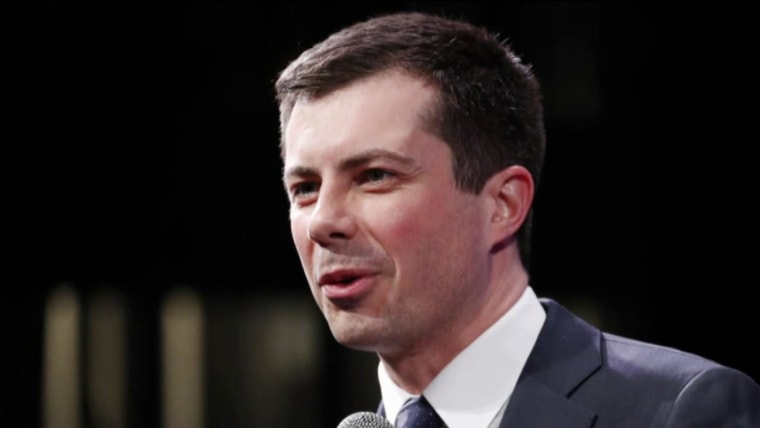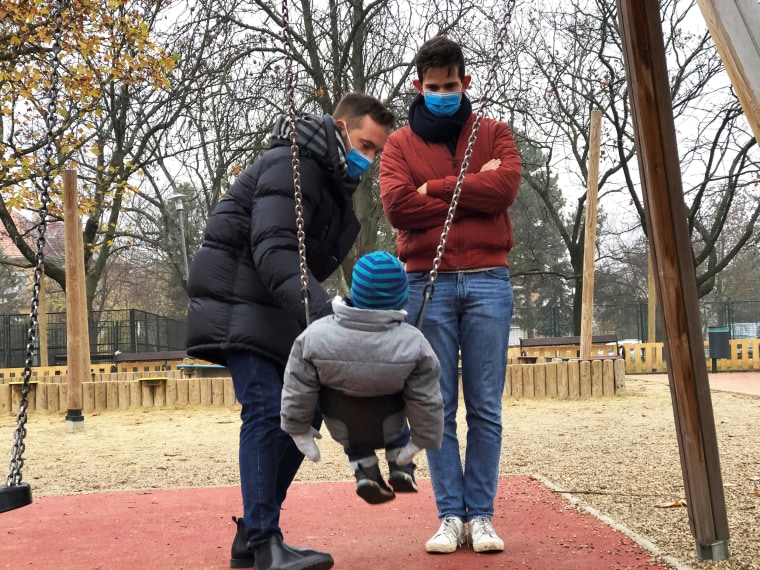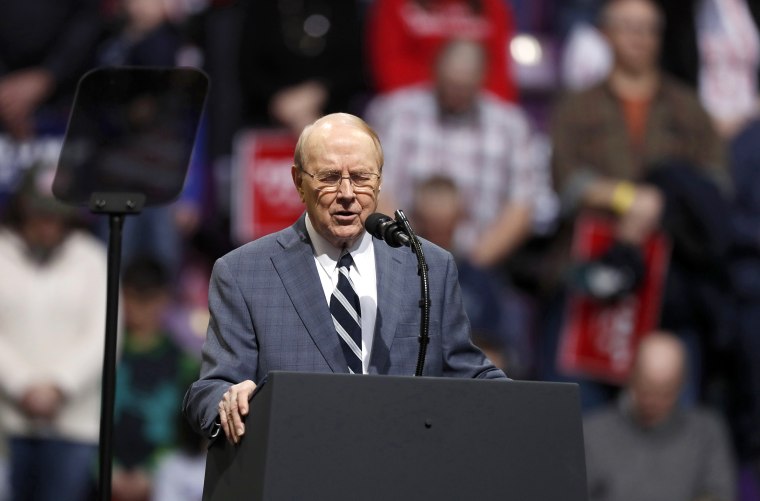California Sets Teachers, First Responders for next Vaccines
Teachers, first responders, and grocery and restaurant workers were among those recommended Wednesday to get the next round of scarce vaccines in California, as were florists and sawmill operators who fall into the same broad category of those deemed essential workers.
“We’ve got to figure who we’re going to prioritize,” said Dr. Oliver Brooks, co-chairman of a 16-member panel of medical experts recommending who makes the potential life-and-death cut after the first round of about 3 million vaccines began going this week to health care workers and those in long-term care facilities.
They’re divvying up the next round of about 8 million doses expected early next year, and settled on three broad sectors in no particular order:
— 1.4 million education and child care providers, a category that includes preschools, K-12, and higher education including trade schools.
— 1.1 million emergency services providers, including not only police and firefighters but those who provide child and youth services, shelters, social services for the elderly and those with disabilities, the criminal justice system, and businesses that provide goods used by the safety workers.
— 3.4 million food and agriculture workers, from farm to table including those working in food and drinking establishments as well as farmworkers and grocers, bakers and butchers. Plant nurseries, florists and sawmills all fall into that category, as do community food services and pharmacies.
The nearly 6 million in those sectors make up about half of all those deemed essential workers in California — and that roughly 12 million makes up nearly two-thirds of the state’s entire workforce.
“Two-thirds of us are essential. That’s nice to know,” said Brooks, who is immediate past president of the National Medical Association and heads the Watts Health Care Corporation.
In picking which groups go first, the panel prioritized what they termed the “societal impact” of the job; equity — making sure low-income workers and those working in vulnerable communities are included; the jobs’ impact on the economy; and the risk of each occupations’ exposure to the coronavirus, including workers’ risk of death and risk of spreading the virus in the community.
Yet there won’t be enough vaccine to protect even that narrower group of educators, first responders and food providers until next spring. Officials expect 2 million doses by year’s end, 4 million by the end of January and more than 20 million by the end of April.
So the experts are trying to further decide who goes first within those categories.
“We’ll be grappling with trying to determine criteria that can be used practically and efficiently to sort between worthy recipients of scarce vaccine, whether that’s using age or medical condition or other factors to … let the highest-risk priority go first,” said Dr. Robert Schechter, co-chairman of the expert panel and chief of the California Department of Public Health’s Immunizations Branch.
The panel and a broader committee of 60 community organizations’ representatives were lobbied by dozens of professions that want their members included in the next round of vaccines, including ride-hailing drivers and news reporters.
By contrast, three people, each over age 78, wrote what the committee described as passionate letters urging that essential workers get the vaccines before them.
The discussion comes as the virus surges across California, straining the state’s health care system. State health officials on Wednesday reported 53,711 new coronavirus cases and 293 additional deaths, setting new records. The public meeting took place as other states are holding closed discussions about vaccine allocation and receiving criticism.
The massive surge led committee members to warn against allowing even the perception that some Californians can unfairly push to the front of the line, a process complicated by the difficulty in proving who belongs to which group.
“There’s a social solidarity here that we all say, ‘Yes, the health care workers go first,’” said Anthony Wright, executive director of the consumer advocacy group Health Access. “But once people think that other people are sort of cutting the line, that dissolves the social compact that we’re all in, and I’m really scared about that.”
Many eligible workers will get their vaccines at their work sites or through appointments with providers at which their employment can be verified.
But “there may be many settings that need to rely on the honor system rather than more sophisticated validation,” Schechter acknowledged.
Mitch Steiger, legislative advocate of the California Labor Federation, urged strict uniformity across California instead of allowing counties to make their own potentially conflicting decisions that could set up disparities within broad state and federal distribution guidelines.
“We also need to figure out what we do when angry people who can’t get the vaccine show up and you’ve got a pharmacy tech who … has to deal with someone screaming at them, really angry that this lifesaving care isn’t going to be offered to them,” he said.


